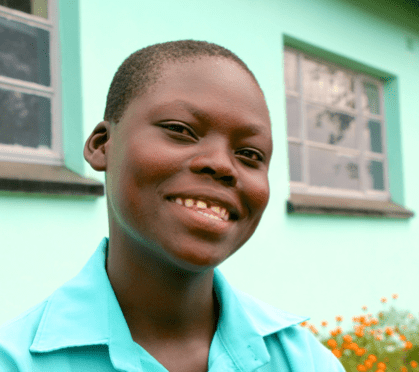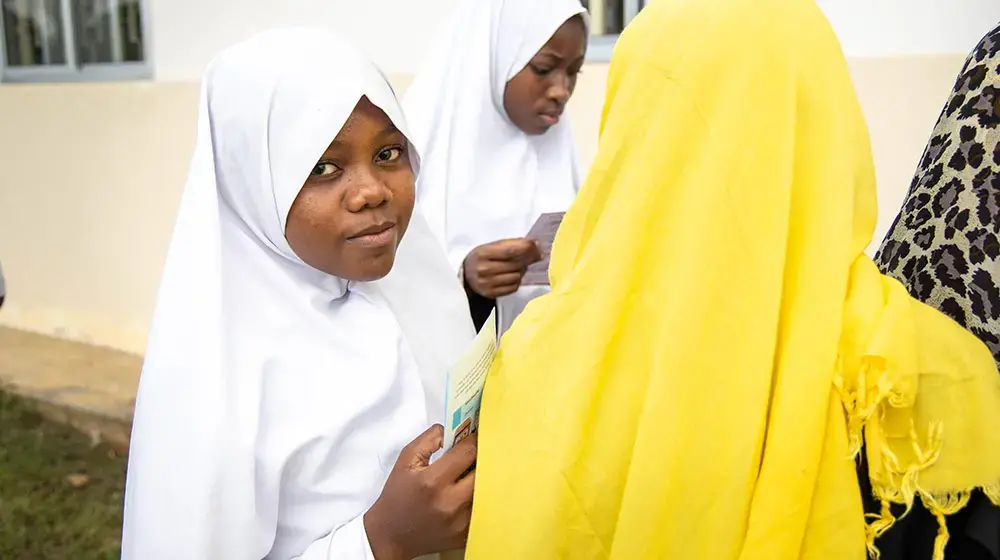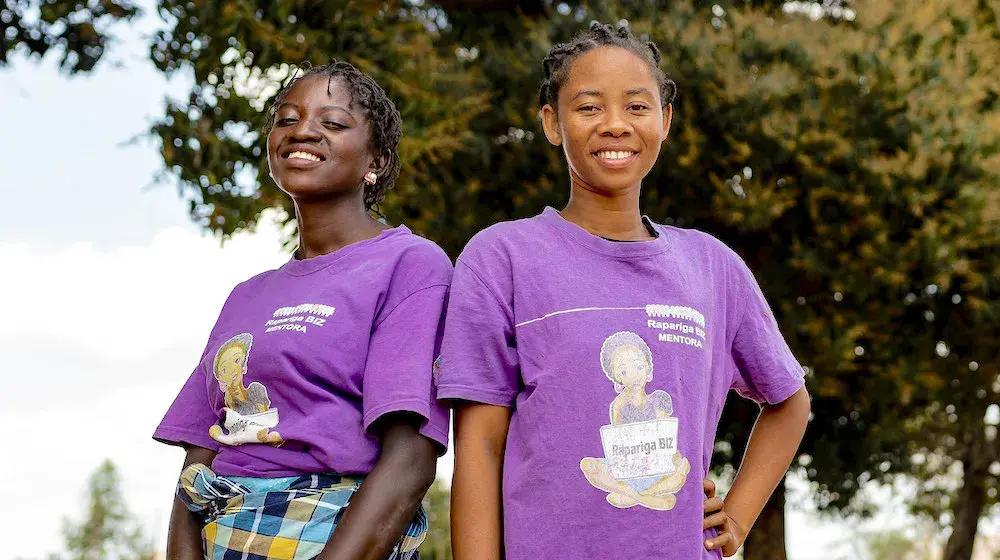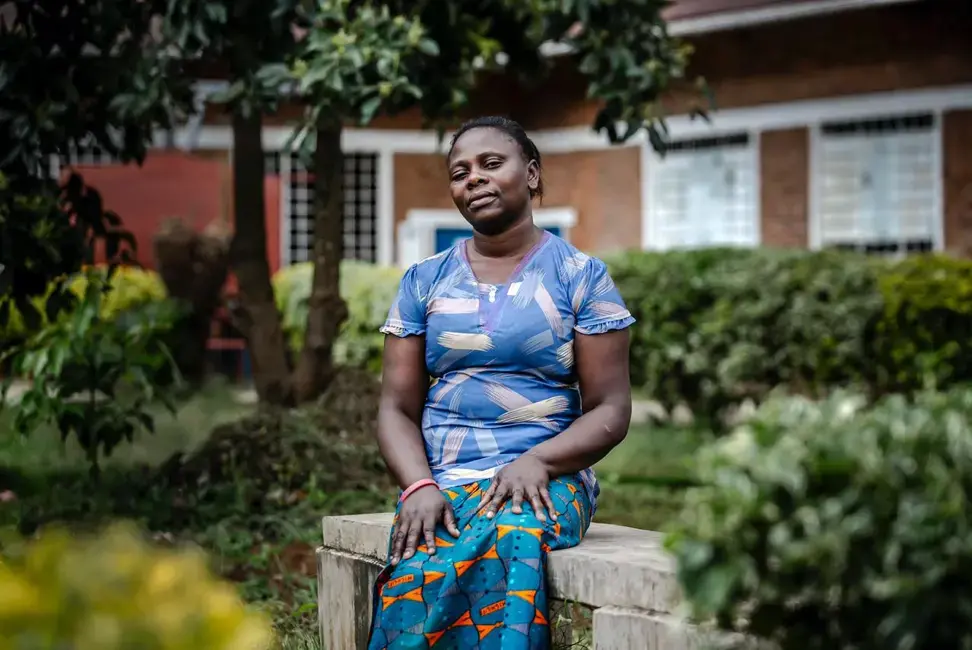MASVINGO, Zimbabwe – Two years ago, Evermore left school at the age of 14 to marry a 23-year-old man. Her marriage quickly deteriorated to the point of her husband beating her and denying her food. She was miserable, stressed and scared.
After four months, Evermore appealed to her parents to help her leave the marriage.
They took her to the Bota Health Clinic, which has a ‘youth-friendly corner’ that actively addresses the sexual and reproductive health (SRH) needs of young people. It also welcomes them to use the corner as a recreational space, in addition to accessing services.
Here, Evermore was first counselled by peer educators, who then referred her to a nurse for further assistance. Unfortunately, Evermore tested positive for HIV.
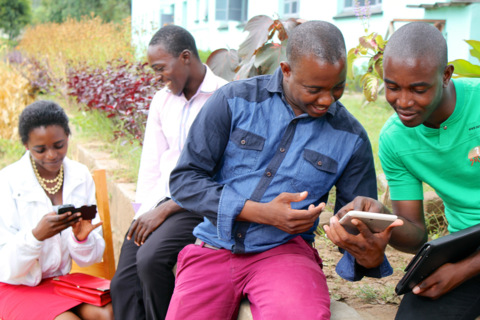
Providing youth-friendly health services
UNFPA’s flagship programme, Safeguard Young People (SYP), supports the Bota Health Clinic and many more across Southern Africa to enhance and expand the work they have begun in providing youth-friendly health services. Each clinic has an adolescent SRH committee made up of clinic staff, community members and young people. Using innovative approaches to reach out to young people, these corners not only become youth-friendly health clinics but a supportive community as well.
“We want youth-friendly home environments, youth-friendly school environments, and youth-friendly health facility environments that are all conducive to our young people’s healthy development,” said Aveneni Mangombe, Adolescent Sexual and Reproductive Health (ASRH) Programme Officer for the Ministry of Health.
When a young person visits the Bota clinic, they are counselled by one of four peer educators, who see on average 20 young people per day. And they handle the vast majority of cases: dispensing condoms, discussing relationship issues and dispelling myths about sex. The peer educators are trusted by the young people, so they often arrive at solutions together. When a client needs further assistance, as Evermore did, they are referred to the nurses, who are also trained in ASRH.
Helping Evermore
The Bota clinic rallied around Evermore as she processed the trauma from her marriage and the news of her HIV status. “They counselled me that being HIV positive doesn’t mean the end of my life. They told me to continue my education,” she said.
And so she did. Evermore returned to school and is now in Form 3. She is looking forward to completing her studies.
Evermore felt hopeful when she was connected through an SYP Facebook club to other young people who are living with HIV. She learned about ‘living positively’ and started feeling that she was not alone. And now she knows how to manage her status moving forward.
Bota Health Clinic Nurse-in-Charge, Shevha Simbarashe Chinokoro, is proud of the work being done in his community to address young people’s SRH comprehensively. He is enthusiastic about the early gains and future potential of SYP’s support.
“If they are told to use condoms and if we give them the support they need, in the future we really can have an HIV-free generation,” he said.

